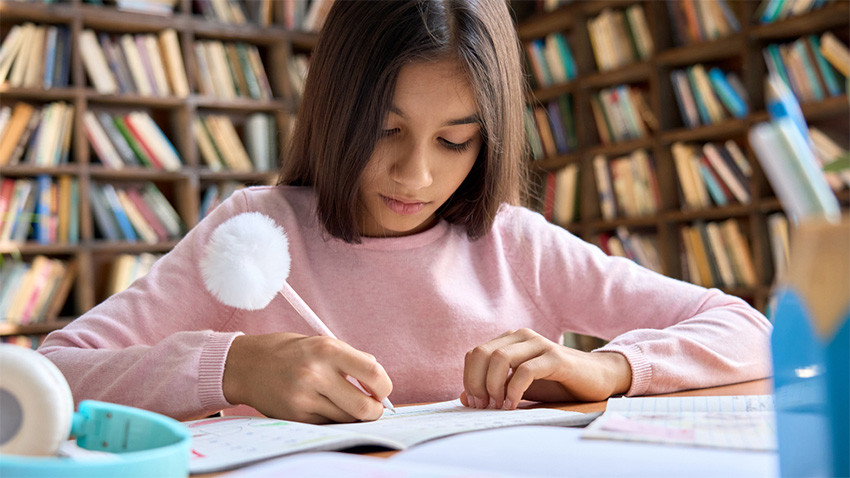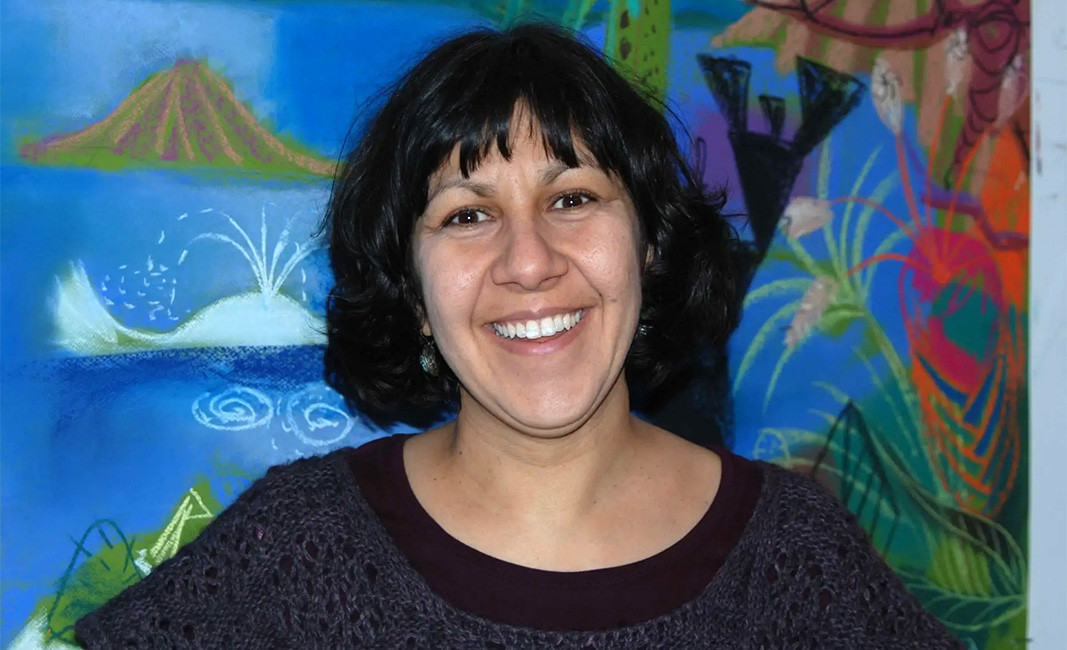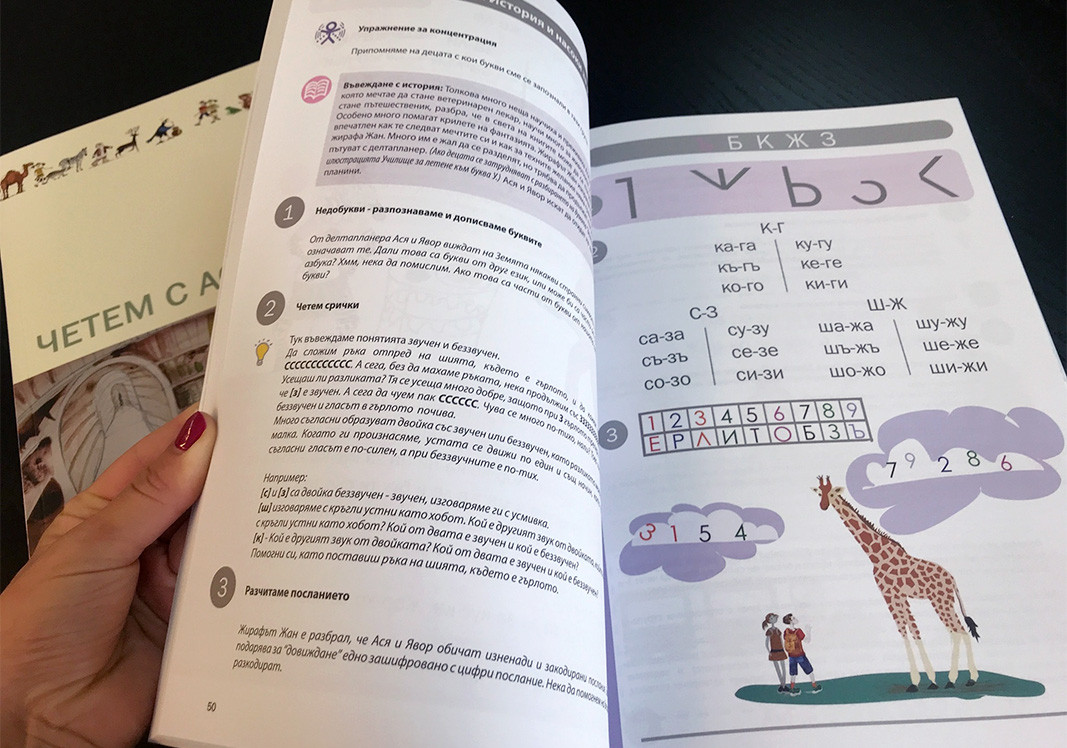Five years ago, as a young teacher, Alexandrina started teaching in a small Bulgarian town to children from first to fifth grade. But the young teacher was quite surprised to find that many of her students were actually illiterate and knew only a few letters of the alphabet. In addition, there were children in her class who did not speak Bulgarian at all.
Alexandrina, however, is not the only Bulgarian teacher who faces this professional test! 20% of the children in Bulgaria’s primary schools speak a mother tongue different from Bulgarian, according to unofficial statistics of the Together in Class Foundation. Most often these are children of Roma or Turkish ethnicity, as well as children of refugees. But the number is provisional, as it is difficult to get real data, the foundation says.

The problem of having pupils in class who do not comprehend Bulgarian is relevant mostly to teachers in areas with a predominant minority. "For a long time I had the feeling that the children did not understand me well in class. I started wandering around and looking for a solution on my own, ” says Alexandrina. Thus, the young teacher began to look for materials and sources from abroad and to try methods by which she herself had learned foreign languages. "My students graduated successfully, only two remained who could not read and write. But the problem with them was different - they did not come to school," says the teacher.
For a long time, the institutions have been avoiding the difficulties that children with a mother tongue other than Bulgarian face at school. The problems their teachers faced were also ignored. And the truth is one - mastering the Bulgarian language at an early age is the best shield against social exclusion of such children in the future.
However, being one of the children called bilingual is a great advantage, Vyara Mihaylova, an early bilingual development specialist from the EdukArt Association, believes.

According to her, multilingualism is a potential that these students carry and it should be used in school. The good news is that the first Bulgarian primer for students with a different mother tongue from Bulgarian is now ready and available. The manual is also useful for children who do not have sufficiently developed language skills when entering school, as well as for those who live in a foreign language environment abroad.
The authors have titled the school manual "Let's read with Asya and Yavor" - two names starting with the first and last letter of the Bulgarian alphabet.

We aim to help children cope successfully so that they do not drop out of school, says Vyara Mihaylova, who is also the author of the textbook:
"Fellow teachers shared that children up to the 3rd and 4th grade have difficulty learning the reading technique, which is a key skill for success. So we researched their needs. Most of the children we work with have a Romani or Turkish mother tongue. They very often come into contact with the Bulgarian language only at the age of 5-6. This means that these children are about to become bilingual, but they are not yet. When the language begins to be learned later, once the mother tongue has been learned, the processes are different and students need targeted language support to cope at school. My colleague Dr. Anastasia Novekova and I have experience from Germany, we graduated there and we have worked in this field. Now our goal is to apply the motivation and experience of international universities in the Bulgarian school. Our long-term partner is the Ministry of Education and Science. ”

Compiled by Gergana Mancheva
English version Rositsa Petkova
Photos: educ-art.eu, prepodavame.bg, Facebook / @teachforbulgaria
In 1992, a child from Georgia packed her entire life into a small black canvas bag to escape the horror of the bombs… The war through her eyes and the most terrible memories that mark her entire life are described in the..
For the 32nd time, the Children's Easter Festival will bring together Bulgarian children from different countries in Bosilegrad, Serbia, giving them a chance not only to showcase their skills in crafting the most beautiful and original Easter eggs but..
Since its establishment on April 11, 2022, the Institute for Computer Science, Artificial Intelligence and Technology – INSAIT has achieved a number of successes and continues to position Bulgaria on the world's technological map...
For the 32nd time, the Children's Easter Festival will bring together Bulgarian children from different countries in Bosilegrad, Serbia, giving them a..
In 1992, a child from Georgia packed her entire life into a small black canvas bag to escape the horror of the bombs… The war through..

+359 2 9336 661
